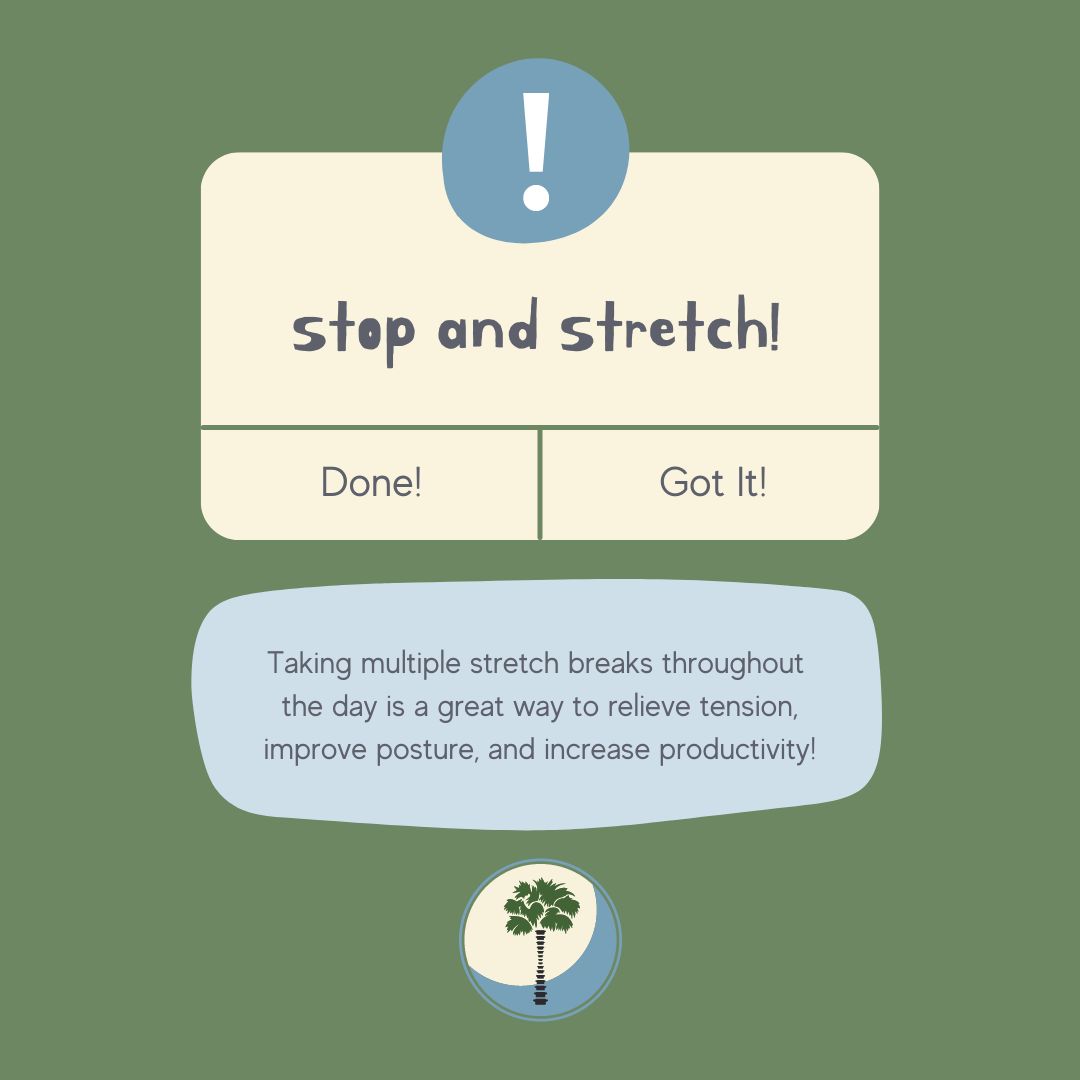Maintaining good posture is crucial for the health of our spine and overall well-being. However, many of us unknowingly engage in poor posture habits throughout our daily routines, leading to a range of issues such as back pain, muscle tension, and reduced mobility. In this blog post, we will explore the most common posture mistakes people make and provide practical tips to correct them, allowing you to support a healthier spine and live a pain-free life.
Posture plays a vital role in our overall health and well-being. When we maintain good posture, we promote optimal alignment of the spine, reduce strain on muscles and ligaments, and enhance the body’s natural balance. However, poor posture habits have become increasingly common in today’s modern lifestyle, with long hours spent sitting, excessive smartphone usage, and improper body mechanics during daily activities. The good news is that by recognizing and addressing these common posture mistakes, we can make positive changes to our habits and significantly improve our spinal health.
1. Slouching at the Desk: With the rise of sedentary desk jobs, slouching has become a prevalent posture mistake. Sitting for prolonged periods, hunched over a computer screen, can strain the neck, shoulders, and back. To correct this, start by adjusting your chair and desk height to ensure your feet are flat on the ground and your knees are at a 90-degree angle. Keep your back straight and shoulders relaxed, avoiding a forward head posture. Take regular breaks to stand up, stretch, and walk around to prevent muscle stiffness.
2. Text Neck: The widespread use of smartphones has introduced a new posture problem known as “text neck.” Constantly looking down at our devices places excessive stress on the neck and upper back. To alleviate this, hold your phone at eye level, bringing it closer to your face instead of tilting your head downwards. Be mindful of your posture while using electronic devices and take frequent breaks to stretch your neck and shoulders.
3. Incorrect Sleeping Position: The way we sleep can significantly impact our spinal health. Sleeping on your stomach puts strain on the neck and back. It’s best to sleep on your side or back with a supportive pillow and mattress. If you sleep on your side, use a pillow that keeps your head aligned with your spine. If you sleep on your back, place a pillow under your knees to maintain a natural spinal curve. These adjustments can help relieve pressure on the spine and promote proper alignment while you sleep.
4. Carrying a Heavy Bag on One Shoulder: Many individuals, especially students and professionals, tend to carry heavy bags on one shoulder. This habit causes uneven weight distribution and places strain on the neck, shoulders, and back. Opt for a backpack with padded straps to distribute weight evenly across both shoulders. Adjust the straps so that the bag sits comfortably on your back, and consider using a waist strap for additional support. If you must carry a handbag or briefcase, switch shoulders regularly or use a cross-body bag to distribute the load evenly.
Correcting common posture mistakes is essential for maintaining a healthy spine and preventing discomfort. By making small adjustments to our daily habits, such as improving desk ergonomics, avoiding text neck, sleeping in proper positions, and using ergonomic bags, we can greatly reduce the risk of developing posture-related issues. Remember, good posture is a habit that requires mindfulness and practice, but the benefits are well worth the effort—an improved posture leads to a happier, healthier you.


Recent Comments